
For all its failings, the BBC needs your support, writes JAMES BALL.
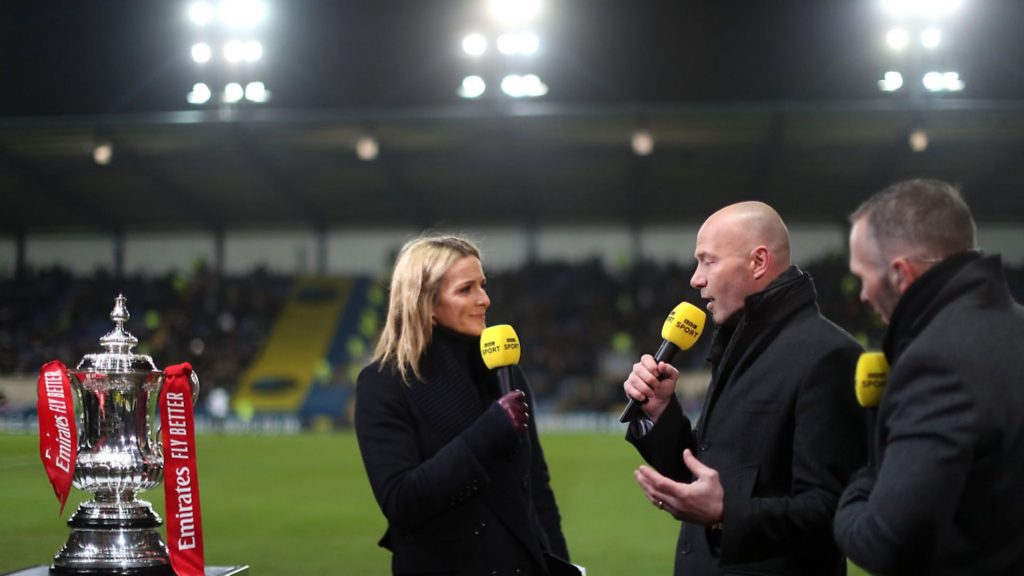
In the midst of last year’s parliamentary battles on Article 50 and the Withdrawal Agreement – and Labour’s struggle to find a Brexit position it could stick with – a senior opposition frontbencher, and lifelong Eurosceptic, sat down to explain their shifting opinion on leaving the EU.
This individual had always had deep misgivings about the European Union, and still held many of those. But, the shadow frontbencher noted, one of the key lessons that decades in politics had taught them was to look at who was happiest at any given event or decision – and work backwards from there.
All the wrong people were happy at the idea of Brexit and how it was going, they reasoned. So perhaps their own stance was the wrong one.
This pragmatic assessment might be one for many on the left – and many who were fervent backers of Remain and the People’s Vote campaign – when it comes to the woes the BBC is facing from the newly-confident majority Conservative government.
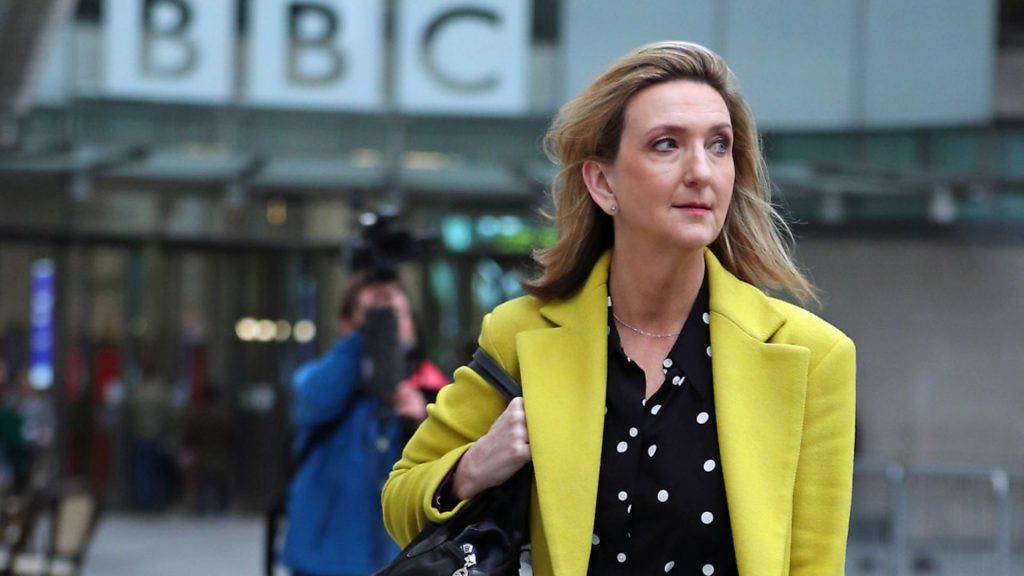
Attacks on the Corporation from government are hardly anything new. Under David Cameron, the BBC had to accept significant cuts to its budget, as well as shouldering the responsibility (and huge cost) of free licence fees for the over-75s.
But what’s coming now is on a different scale entirely. The new government first announced it was looking to decriminalise non-payment of the TV licence – a reasonable-sounding move, but one which could cut the BBC’s income by 10% at a stroke – and then quickly moved on to a front page last weekend suggesting that ministers would end the BBC licence fee altogether.
Many on the left, and now many members of the pro-Remain cause, have long regarded the BBC with suspicion at best and outright hostility at worst. Labour leadership and deputy candidates have this week offered only the faintest of warm words towards the BBC when questioned on the threats it faces. Execs at the corporation would be right to be worried.
At least some of the criticism is justified – the BBC, like every other institution, is far from perfect.
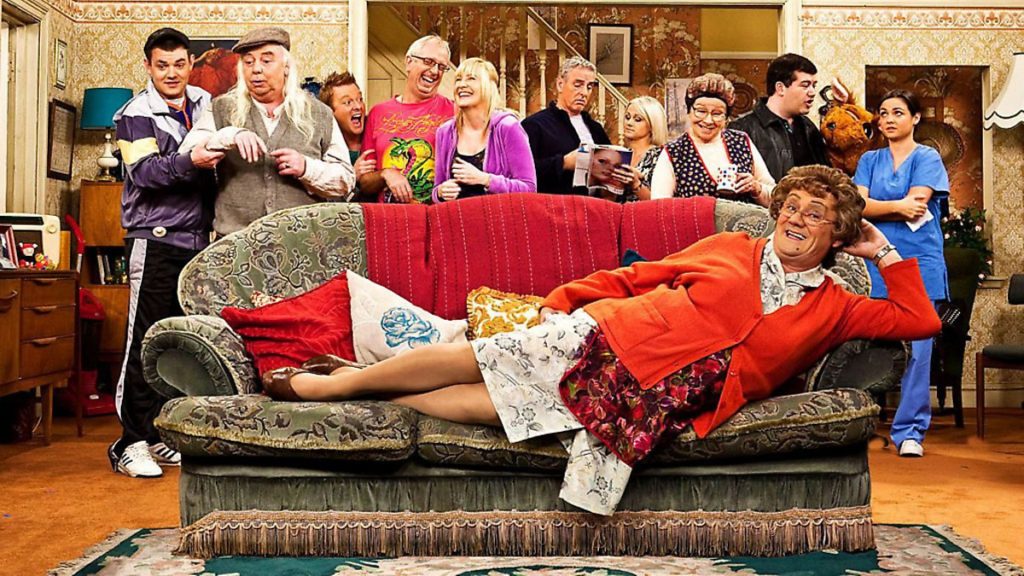
Some of its natural instincts on balancing panels, leaving the job of challenging claims to political opponents, and similar matters, doubtless helped Leave politicians. The BBC can certainly sometimes be accused of promoting loud voices over insightful ones.
But despite the frequency with which the allegation is made, accusing it of being an extension of the Conservative Party smacks of ridiculousness, and a lack of ability to tell the difference between a flawed attempt at decent news and a cheerleader for your own side.
If nothing else evidenced this, the months-long blockade of the flagship Today programme – and its seven million or more listeners – by the government speaks volumes. That it would offer no minister to reassure the public in the mornings following terror attacks or natural disasters speaks ill of the government, but also speaks of its sincerity and bitterness in its feud with the show.
The determination of some within the Conservative Party to gut the BBC or end it entirely should send the only signal those on the left should need to see what the UK media landscape would look like without it – and which side they think such a move would favour.
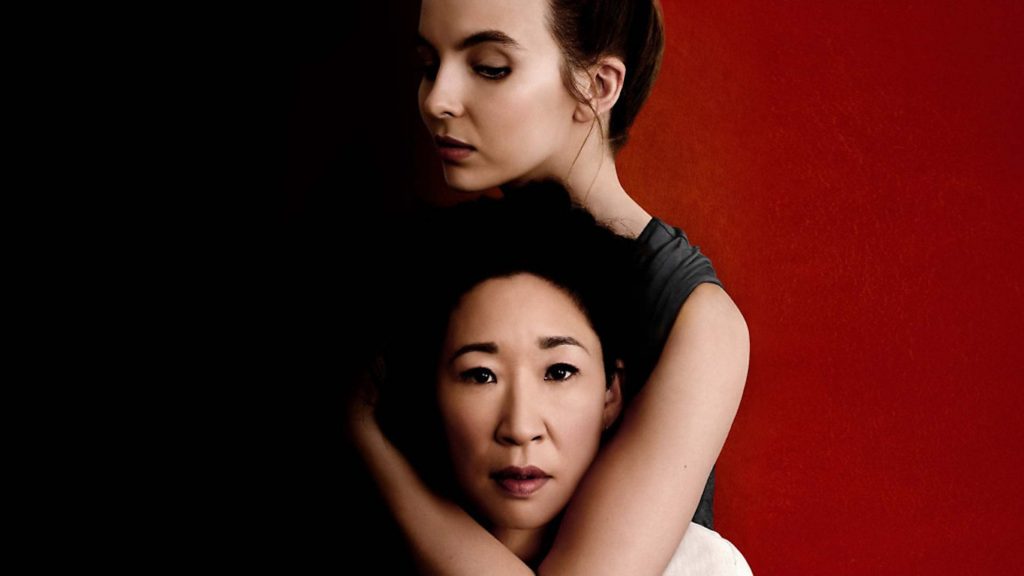
The UK’s highest circulation newspaper is The Sun, owned, alongside The Times and Sunday Times, by Rupert Murdoch. They all generally back Conservative Party positions, except when Labour looks extremely likely to win election victory.
The next highest-circulating newspaper – and the most politically powerful in the country – is the Daily Mail, controlled by the multi-millionaire Viscount Rothermere. The Telegraph is owned by the multi-millionaire Barclay brothers, while the Financial Times is owned by Nikkei, and while more liberal than the others could hardly be described as left-wing.
Those looking for a left-wing media are left with The Guardian – hardly a darling of the Corbyn left, but genuinely owned by a not-for-profit trust with quality journalism at its heart – and the left-leaning Mirror. The latter, however, is owned by the same publishing house that puts out the Express and Sunday Express – not newspapers noted for their commitment to left-wing or liberal causes.
Anyone looking at the absence of the BBC, or at a drastic cut to its capabilities, needs to be realistic about what else exists in the UK media ecosystem. It is the existing outlets that would be best placed to expand and fill the void, and they lean overwhelmingly to the right.
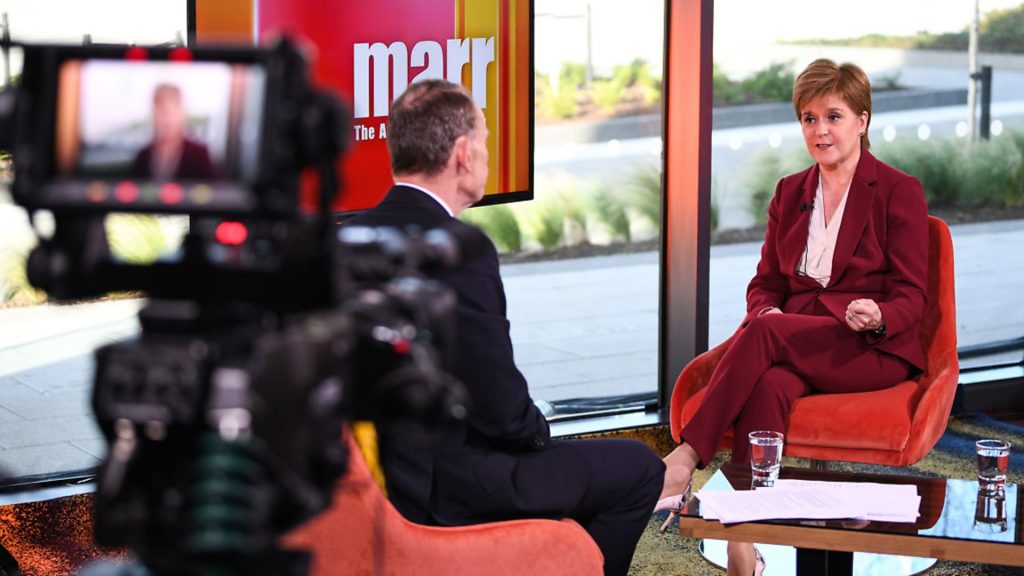
The other broadcast news channels may be more impartial – thanks if nothing else to the Ofcom rules that cover all of them, including the BBC – but are largely fed by the print media and news wires. None of them have newsgathering operations on anything like the scale of the BBC.
The BBC as a national project – a public broadcaster, rather than a government one – has always survived only because enough people believe in it and its work. It has had detractors for decades, as well as jealous commercial rivals looking at its reach and audience with envy.
Even if it picks a brilliant and battling new director general to fight for its future, it will rely on much wider political and public support to survive this government intact. It will need full-throated support from Labour frontbenchers, from prominent commentators, and from those newspapers not plotting its demise. Most of all, it will need support from the public.
To see what a news landscape without something like the BBC looks like, we need only turn to the US. There, the most avid news consumers are left only with hyper-polarised cable TV. Most of us know about Fox ‘News’ – a channel so dedicated to the promotion of president Trump that it abandons any vestige of truth – but even MSNBC, its liberal counterpart, largely focuses on ultra-liberal content in the evenings, occasionally bordering on conspiracism.
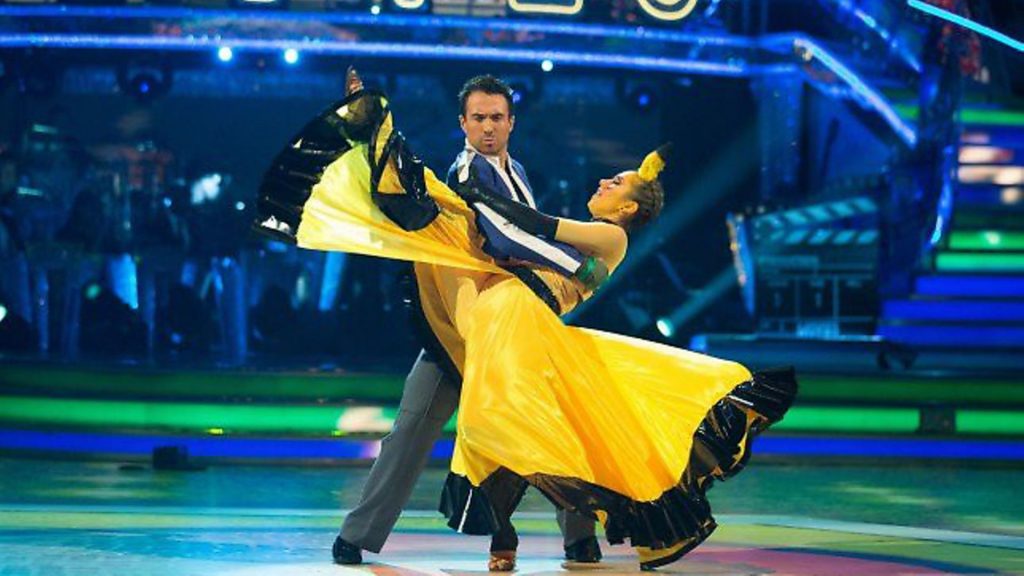
Were a Fox News viewer to meet an MSNBC viewer, they would have seen totally different headlines for weeks, months, or years, with virtually no overlap. They would have no shared truths to start from, no shared facts to debate. They would only see the others’ ignorance or denial of what, to them, was a huge scandal, reported night after night. The result can only be a shouting match.
Having a huge outlet with a mass audience that is at least attempting to be fair, to stick to the most important stories on a given day, and to give people a shared understanding of the world to interpret through their own lens is crucial to our democratic society. It gives us the basis to debate, instead of to shout at each other. And it serves as a counterweight to the natural bias of the UK’s print and online media.
The BBC will need to change to survive. It will need to understand why younger generations are not embracing it like our parents – or even our older siblings – did. It will need to do more to support local journalism, and independent journalism, and not have an insular BBC-or-bust attitude. It will need to come up with plans to regain trust, and to educate audiences to become better at navigating the media.
Most importantly, it will need to learn how to talk to the public in an age where authenticity is valued more than authority.
If it’s willing to make that effort, the BBC will find its prospects are better than Boris Johnson’s majority of 80 might suggest. Despite a Times front page declaring the days of the licence fee over, the government already appear to be rowing back – with “sources” suggesting Dominic Cummings may have gone too far, again.
The BBC doesn’t just make news and current affairs. It broadcasts EastEnders, Strictly Come Dancing, Best Home Cook, DIY SOS, Pointless, The One Show, The Archers and Mrs Brown’s Boys (the most successful comedy in a decade).
People love these shows and the familiarity of them. Crucially, at present, there is no easy way to put them behind a subscription wall without requiring radical (and expensive) changes to how broadcasting works in the UK. It would be a very brave Conservative government indeed that suddenly cut off older voters from their favourite television and radio.
As soon as any concrete plans for a world with a radically-smaller BBC are laid out, they will be unpopular with many Conservative voters, and with their MPs too. Even the BBC’s commercial rivals might find the reality of proposals daunting. In an era of dwindling circulations, it is the clout of the BBC picking up stories that keeps papers relevant, and helps them run the political agenda. Its rivals might quickly find themselves changing tack.
The threat facing the BBC is the most serious in its 98-year lifespan. It will survive to see its 100th birthday. If it wants to see 120, let alone 200, it will need help. Its critics may wish to think hard about what the world would look like without it now, while it can be saved, rather than regret their mistakes once it was gone.










